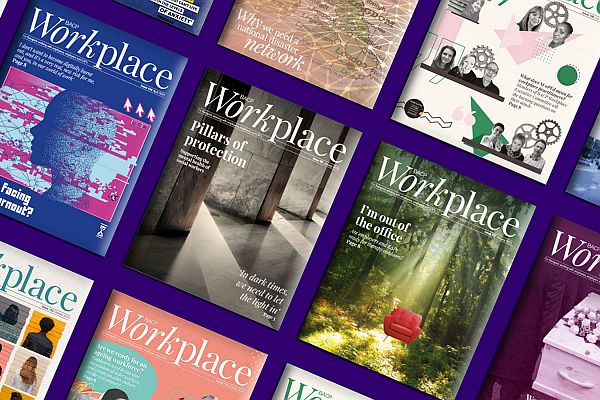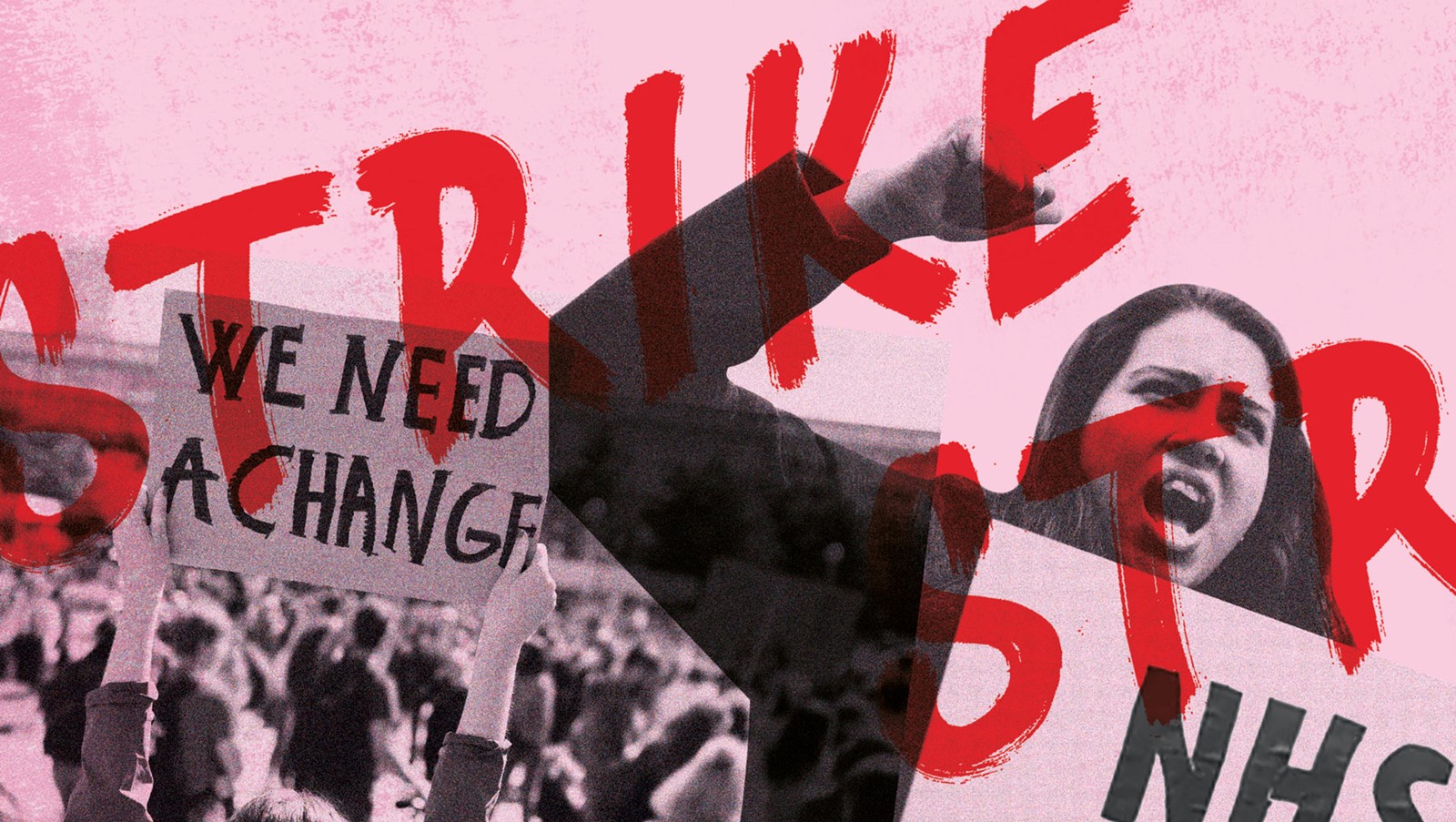Six months ago, I’d never heard of a warm bank; now there’s one just down the road, tucked into our local library. You probably have one too, as thousands of venues across the country have been repurposed to offer people a warm and welcoming space to escape from their freezing homes – somewhere to have a hot drink, a round of toast and a chat with a friendly face. Run by volunteers, warm banks have become a high street staple, neatly slotting into life in the UK, just as food banks did 10 years ago.
Over a decade of austerity is the backdrop to our lead article, Strike, strike, strike, which explores what the industrial action could mean for workplace practitioners if their clients are on the picket line. Therapists already tell me that clients are using the counselling sessions as a safe space to explore how they respond to possible strike action in their workplace. Little wonder, as striking comes with personal, professional and financial costs attached; made all the more bitter in a cost-of-living crisis.
I was a teen when I last recall industrial action on this scale, and that it’s happening now should surprise no one. It’s hard to be neutral about strikes, and whatever your view, further strikes in both the public and private sector look likely to be a feature of 2023. It's a new issue for our profession and one that we won’t all agree on. But I wrote this article in the hope it can help us to have a conversation about how we respond individually and collectively.
I think it’s important too that we pay attention to what is driving workers to strike – including poor pay and conditions, burnout, job insecurity and a sense of not feeling valued, among others – because these are factors that therapists bear witness to and experience also, too often.
Apparently, it’s the over-50s who are joining unions faster than any other age group, aware of the potential need for support in their dealings with their employer. It’s this group of workers who are of particular interest to Helen Kewell in her new series, Talking menopause, exploring this stage of life. Her question this time: why do one in four women need to leave their jobs due to the menopause? Her answers might surprise you.
We are often more vulnerable when we lose the people and places that anchor us and offer a sense of safety. Specialising in delivering a therapy service to clients who are studying, travelling or working away from home, Laura Clifford-Jones knows this all too well and she is my interviewee in My workplace. I love hearing the stories about why people do what they do, and Laura’s story of becoming a therapist and a successful businesswoman is an uplifting one.
In Race matters, regular writer Letesia Gibson is hopeful that 2023 could bring a rise in ethical leadership in British workplaces, and explains why she thinks there are green shoots of change. If she’s right, it will be good for the future of work, a topic that Jane Moffett explores, while also reflecting on what we’ve learnt about different ways of working since the pandemic turned the world of work on its head.
Focusing on the transitions that therapists make between seeing clients face to face and online, Sarah Worley-James has some helpful guidance for us as we start the new year, in Cyberwork. And, I’m delighted to speak to Sarah about her new book, Online Counselling: an essential guide, which, given the profession’s relative recent conversion to it, deserves a place on every therapist’s bookshelf.
This issue marks my 10-year anniversary as editor of BACP Workplace. If you’ve deduced that I’m not feeling all that celebratory just now, you’d be right. But when it comes to feeling good about our work, I know it’s the people who we work with that play a huge role. So, I’m raising a toast to all the therapists and writers who contribute to the pages of BACP Workplace and make it what it is. I’m grateful to Jacqui Gray, Managing Editor, Divisional Journals and Judy Stafford, Publishing Copy Editor, at BACP for their constant professionalism, support and wisdom. And finally, I want to thank Dot Thompson at Steers McGillan Eves design agency for her clear sight and the magical design skills that she has brought to the journal and for being an absolute joy to work with over the last six years. Now that is something to celebrate.
Read more...

BACP Workplace
Subscribe for free access to the online journal

BACP Workplace division
BACP Workplace promotes and supports the professional practice of counselling in the workplace, and practitioners who have clients experiencing workplace concerns.

Blogs and vlogs 2023
News and views from members, staff and clients
